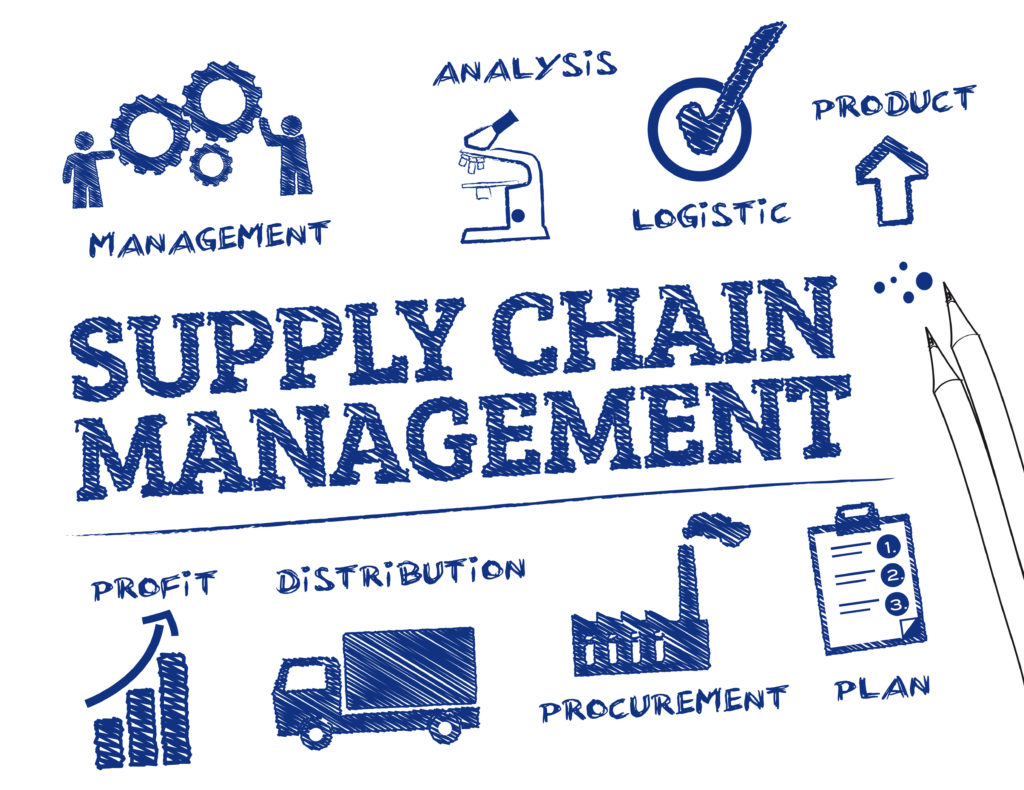Supply Chain Management

Supply chain management is the process of ensuring that the correct channels are visited and the expected destination is reached within a supply chain. If you are one of those tidy (and annoying) people who enjoy nothing more than keeping everything nice and orderly, then you’ll be well equipped for a career in this field.
An efficient supply chain is extremely important to manufacturing companies due to the nature of the competitive international environment. Recent years have seen the specialisation of roles within the supply chain, as companies seek to reduce costs and improve the efficiency of their product supply. Supply chain management is hugely influenced by technology and it is common for manufacturing companies to have computerised systems that handle inward and outward deliveries, stock control and production forecasts.
Supply Chain Management: Education
Honours Bachelor Degrees in Supply Chain Management can be obtained by DIT and IT Carlow. The DIT option is applied for through the CAO process (course code: DT358), while the IT Carlow programme is a two-year, add-on option to a relevant ordinary degree or higher certificate.
Many of the topics covered in these degree courses include Introduction to Logistics & Supply Chain, Inventory Management, Transport & Distribution Management, Global Supply Chain Management, and Purchasing Management. TU Dublin students take part in a minimum 15-week, paid work placement in their third year, and students at Carlow IT will have the option to study a language. Graduates of IT Carlow will be admitted as full members of the professional body the Irish Institute of Purchasing and Materials Management (IIPMM).
Transport Management is on of the key ingredients of an efficient supply chain. Three CAO courses in this area are Road Transport Technology & Management (Limerick IT), Transport Management and Technology (Cork IT), and Transport Operations & Technology (DIT).
The Work
Graduates of supply chain management can find work in any sector of the manufacturing industry – electronics, food processing, pharmaceuticals, and so on. There are also many logistic and distribution companies that regularly recruit new employees.
Roles in this industry largely depend on the size and function of the manufacturing company; some organisations may have a transport manager and a logistics manager, or one warehouse manager overseeing the wholes process. The bigger companies may well employ people in all of these roles.
The logistics (or distribution) manager is the person who has the responsibility for warehousing, stock control, order processing and packaging, planning and scheduling deliveries, and controlling the operation of the company’s fleet of vehicles.
A transport manager is responsible for organising the transport, scheduling deliveries (inward and outward), organising routes, managing drivers, and overseeing vehicle maintenance.
Logistics companies, which are often hired by manufacturers to carry out supply chain functions, perform all of these roles.
Purchasing is also a key aspect of the supply chain; without the right flow of raw materials inward, whether by over- or under-supply, a manufacturing company’s production operation cannot run effectively. The purchaser must also ensure that the best materials are bought at the lowest possible prices, so as to maintain the organisation’s profitability.
Skill Set Required
Time management is one of the most necessary features to possess in supply chain management. Any stoppage in a company’s production line quickly leads to serious financial losses, and stoppages are, more often than not, a result of glitches in the supply chain.
A great ability with mathematics is of benefit, particularly in the areas of production forecasting, purchasing, and stock control. Technology is increasingly widespread in the supply chain sector – such as with the use of SAGE software – so IT skills will prove very useful.
Did you know?
US expenditure on logistics is larger than the national GDP of all but ten countries.


Leave a comment